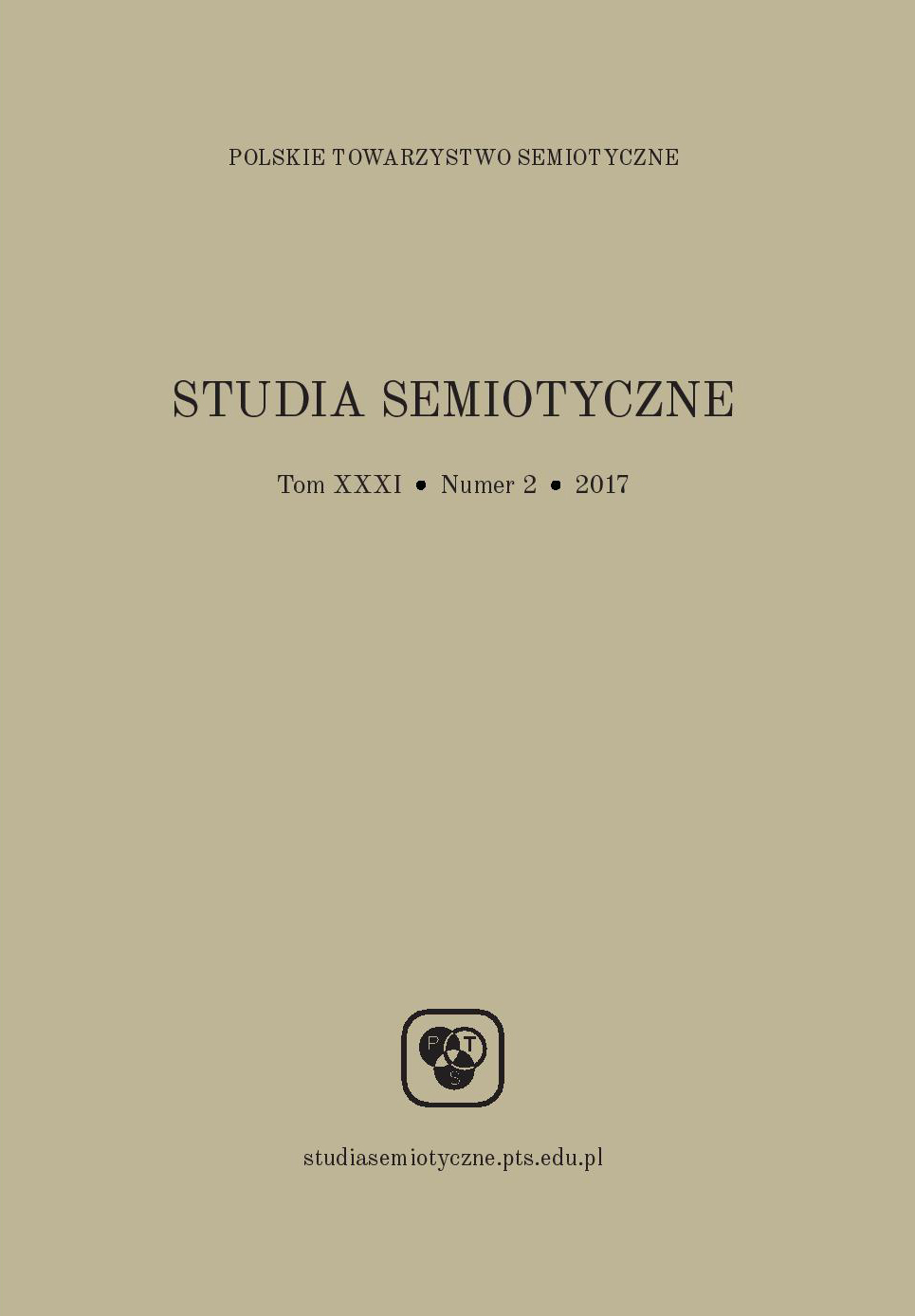The liar paradox from the Wittgensteinian perspective
The liar paradox from the Wittgensteinian perspective
Author(s): Jakub Gomułka , Jan WawrzyniakSubject(s): Anthropology, Theoretical Linguistics, Semantics, Philosophy of Language
Published by: Polskie Towarzystwo Semiotyczne
Keywords: compositionality principle; context principle; intelligibility; liar paradox; nonsense; Wittgenstein;
Summary/Abstract: Our approach to the liar paradox is based on the Wittgensteinian approach to semantic and logical paradoxes. The main aim of this article isto point out that the liar sentence is only seemingly intelligible, and that it has not been given any sense. First, we will present the traditional solutions of the paradox, especially those which we call modificational. Then we will determine what the defects of these solutions are. Our main objection is that the modificational approaches assume that we can express in languages certain senses which are improper. Next, we will explain why we think that the liar sentence is a mere nonsense. This sentence does not have any role in any language game – it is completely useless. We will also respond to several objections to our approach. 1. That it is not consistent with the principle of compositionality of sense. 2. According to the Quineian philosophy of logic, paradoxical sentences can be conceived as false assumptions leading to crises of logical paradigms. 3. The liar sentence seems to be, contrary to our approach, intelligible.
Journal: Studia Semiotyczne
- Issue Year: XXXI/2017
- Issue No: 2
- Page Range: 179-199
- Page Count: 21
- Language: English

